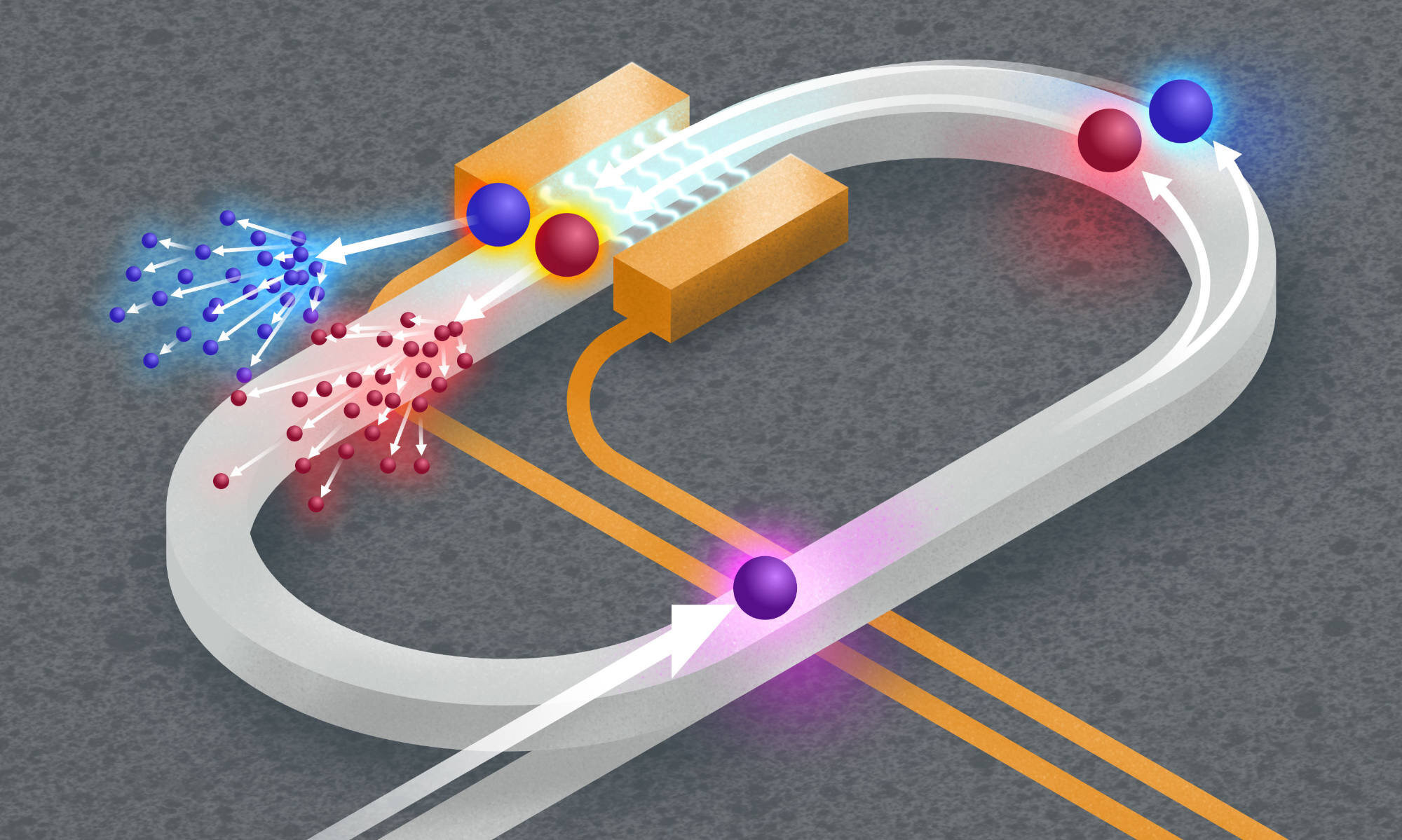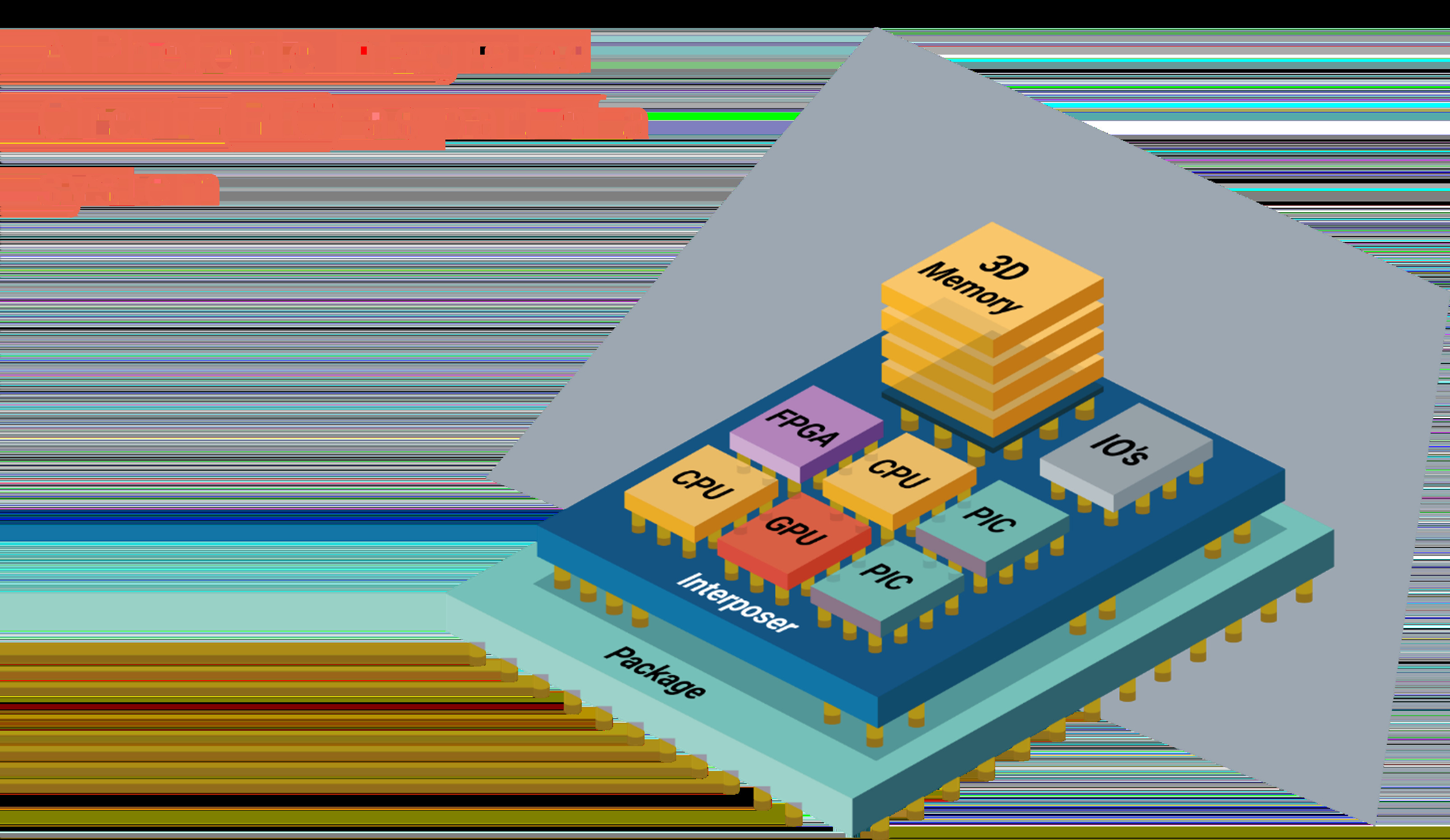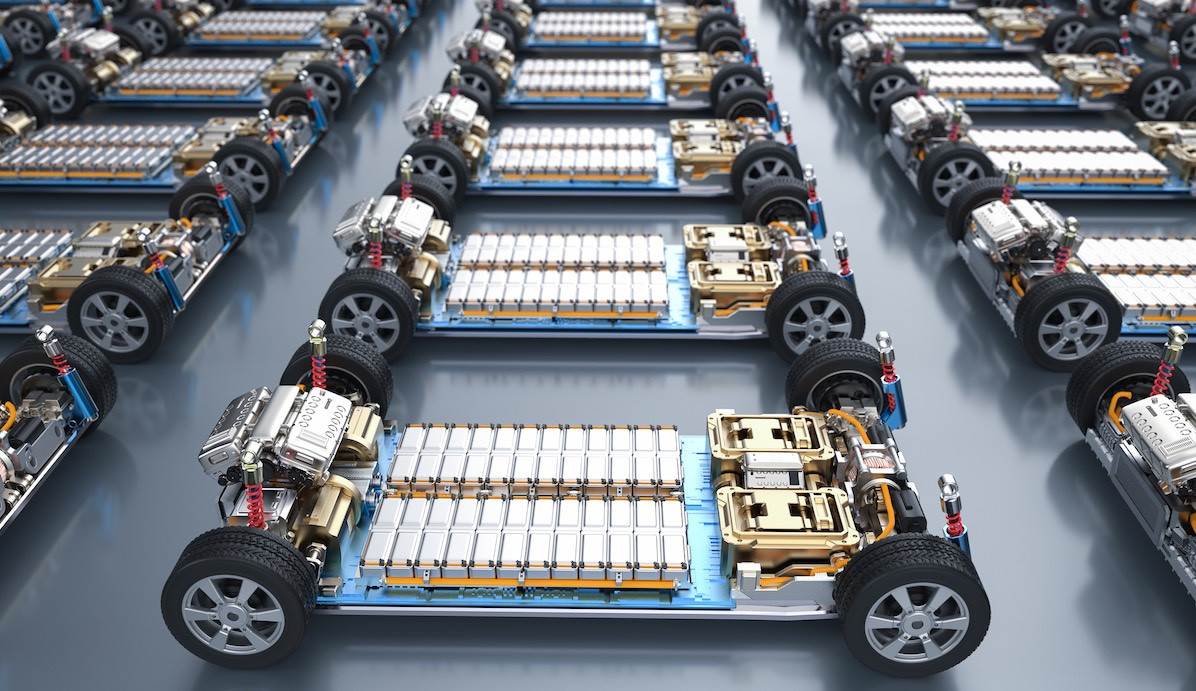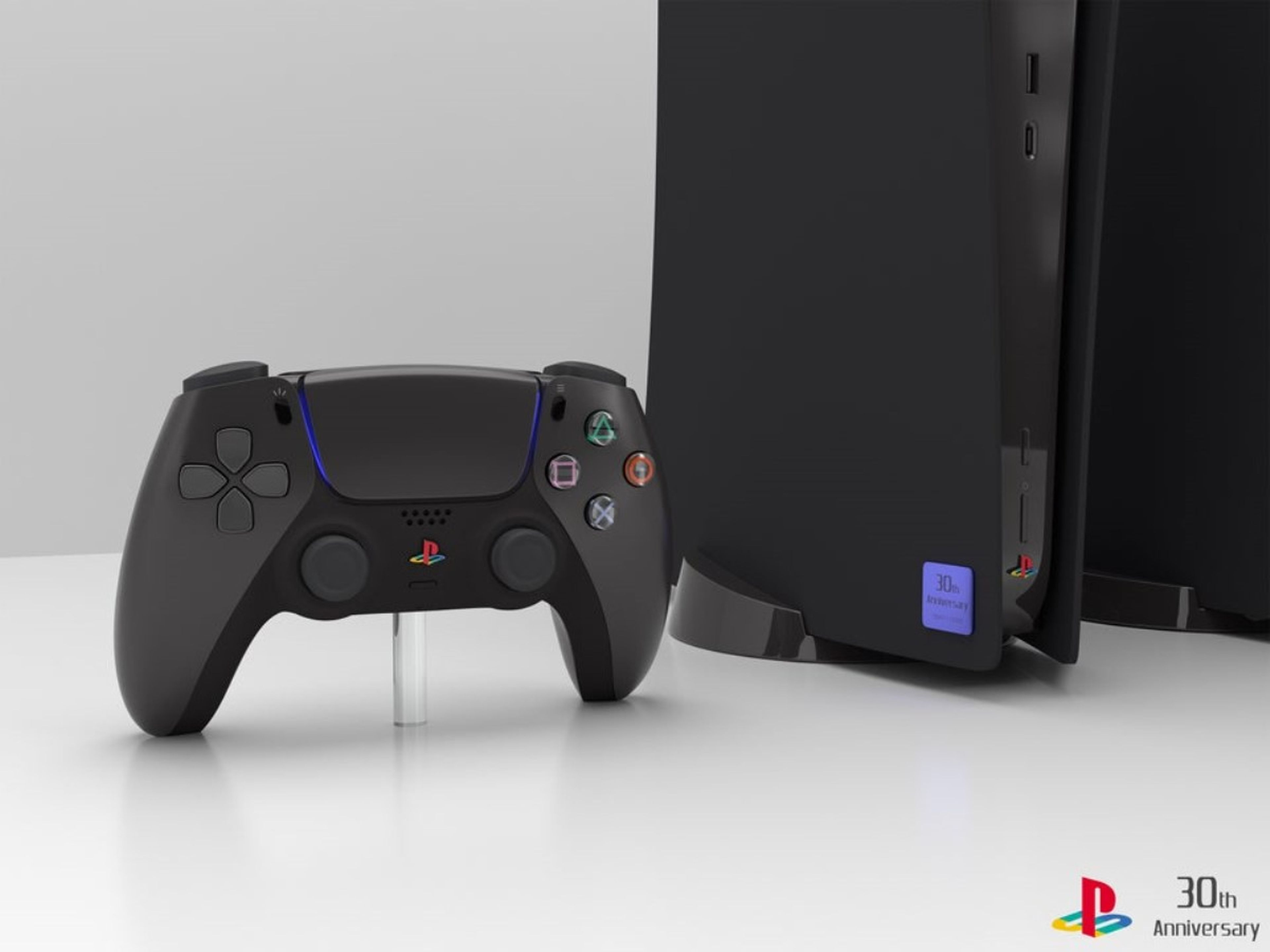Ephos Raises $8.5M to Build World's First Glass-Based Quantum Photonic Chip Factory
Ephos, a self-proclaimed leading producer of glass-based photonic chips, has raised $8.5 million in seed funding to complete a significant expansion of its operations. The new seed funding will accelerate the opening of “the world’s first facility for the design and production of glass-based quantum photonic chips,” located in Milan, Italy. This new state-of-the-art research and manufacturing facility marks a significant milestone in Ephos's growth.
The seed round was led by Starlight Ventures, a US venture capital firm specializing in deep tech investments, with participation from Collaborative Fund, Exor Ventures, 2100 Ventures, and Unruly Capital, among others, as well as angel investors Joe Zadeh (former Vice President at Airbnb), and Diego Piacentini (former Senior Vice President at Amazon). Notably, The latest round of funding also included contributions from NATO and the European Innovation Council (EIC), reflecting Ephos's strategic importance and technological promise. The company was selected as one of just 10 out of over 1,300 applicants for this accelerator program funding.
What Makes Ephos's Technology Worth Watching?
Ephos's approach to quantum computing, based on glass-based photonic chips, sets it apart from traditional chip manufacturers using silicon-based technologies. This innovative approach addresses a key challenge in quantum computing: signal loss. The company's chips, built on glass substrates, reduce signal loss, one of the greatest hurdles to building a quantum computer. In quantum computing, information cannot be duplicated or copied, and beyond a certain level of signal loss, replacing a lost signal is impossible. Ephos's glass-based technology significantly mitigates this limitation.
The company's technology is designed to increase the speed and energy efficiency of advanced quantum computing, communications, and sensing devices. Andrea Rocchetto, CEO and co-founder at Ephos, highlights the broader implications of their technology, stating, “Securing this funding and opening our Milan facility is a critical milestone for Ephos. Our glass-based photonic chips are set to transform not just quantum computing and AI, but the broader computational infrastructure of the future.”
The Growing Demand for Efficient Computing
The global reliance on computing power is growing at an unprecedented rate. With the advent of AI and quantum computing, the demand for faster and more efficient computing infrastructure is skyrocketing. Rocchetto acknowledges this trend, saying, “By addressing energy inefficiencies and enhancing performance across industries, from data centers to secure communications, we’re laying the foundation for the next generation of computing technology.”
Addressing Energy Concerns in Data Centers
Photonic technologies have a wide range of classical applications beyond quantum computing, including within data centers. These chips are increasingly being used to reduce soaring energy footprints. The energy demands of data centers are becoming a major concern as the AI revolution continues to place a strain on these facilities. Goldman Sachs estimates that data center power usage will grow 160% by 2030. Ephos's technology aims to contribute to the development of more energy-efficient computing solutions, particularly in this rapidly growing sector.
Ephos: A Geopolitical Asset
Beyond its technological advancements, Ephos also holds a significant geopolitical advantage. With its chips being built entirely in-house and its supply chain relying exclusively on US and EU suppliers, the company reinforces Allied security interests. Ephos's technology safeguards strategic independence in quantum technologies, an area vital for future defense and communications. This strategic positioning is reflected in the company's funding from NATO's Defence Innovation Accelerator (DIANA), which awarded Ephos €450,000 in non-dilutive funding on September 10, 2024.
A Promising Future for Quantum Computing
Ephos's success in securing funding from both the public and private sectors signifies the immense potential of its technology. The company's focus on glass-based photonic chips offers a unique and compelling solution to the challenges of building a quantum computer. With its commitment to research and development, its strategic partnerships, and its focus on energy efficiency and security, Ephos is poised to play a significant role in the future of quantum computing and the broader computing landscape. As Kike Miralles, Principal at Starlight Ventures, emphasizes, “We see tremendous potential in Ephos’s glass-based photonic chips to revolutionize the future of computing.”
A Leap Forward in Quantum Computing
While the first chips from Ephos are yet to be produced, the company anticipates that its new facility in Milan will be fully operational by the end of the year. The company is seeing early interest from quantum computing startups and also interest from so-called “hyperscalers,” big tech companies that build their own data centers, and the data center builders who work with them. Ephos's focus on innovation, coupled with its strategic alliances and backing from NATO, positions the company to become a key player in the rapidly evolving field of quantum computing.
Building a Brighter Future for Computing
Ephos's journey is a testament to the power of innovation and the potential for a brighter future in computing. The company's commitment to research, its focus on energy efficiency, and its dedication to building a secure and sustainable computing infrastructure offer a beacon of hope in the midst of rapid technological advancements. With the support of its investors and the backing of NATO, Ephos is well-positioned to drive the next wave of innovation in quantum computing and redefine the future of computing.


















